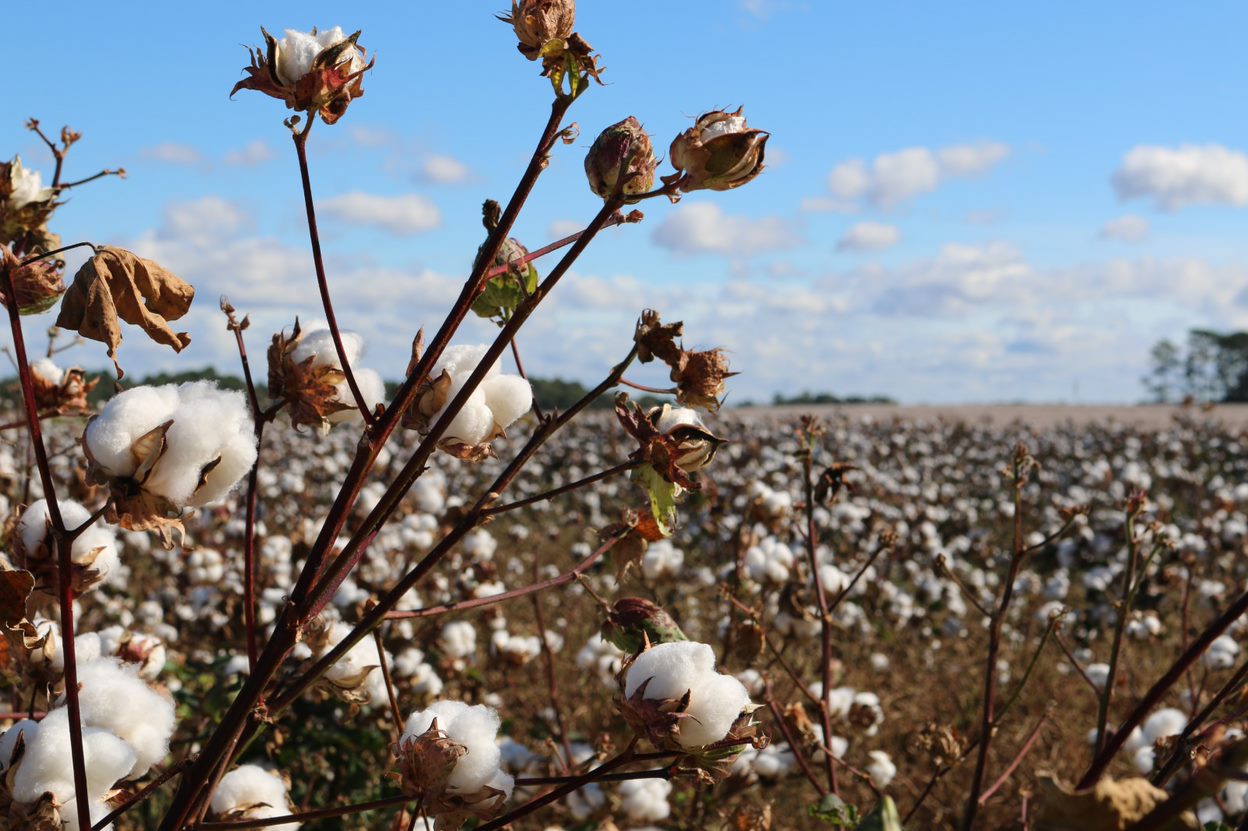Example in Action: ILAB's Global Trace Protocol Project Works Towards Cotton Supply Chain Accountability

Photo Credit: Trisha Downing_Unsplash
- ILAB's Global Trace Protocol Project is building a blockchain-powered platform that brings all members of the cotton supply chain in Pakistan to a single platform, including farmers, spinners, and fabric mills. The goal is to expand the number of tracing tools in high-risk supply chains and get those tools into the hands of a broad range of stakeholders to help eliminate child labor and forced labor.
- As part of this project, ILAB is working with implementing partner ELEVATE in collaboration with Diginex Solutions, the Global Fund to End Modern Slavery (GFEMS), RCS Global (RCS), and the Responsible Mining Initiative (RMI) to develop and pilot a set of open and accessible tools that can inform traceability efforts across a wide range of supply chains. This includes a standardized Commodity Tracing Protocol which establishes industry standards, aligns definitions, and creates tracing verification methodologies and guidance. It also includes a Commodity Link Platform, which is an open-source supply chain-tracing system that includes tracing methodologies and tools to advance knowledge sharing and capacity building among interested stakeholders.
- In the Democratic Republic of the Congo (DRC), ILAB is undertaking a supply chain mapping exercise to examine child labor and forced labor risks in the copper and cobalt supply chains.
- For more information, visit: https://www.dol.gov/agencies/ilab/global-trace-protocol-project
DOL welcomes examples of good practices
to address child labor and forced labor.
Email us at GlobalKids@dol.gov.

 Step 2: Assess Risks and Impacts
Step 2: Assess Risks and Impacts


